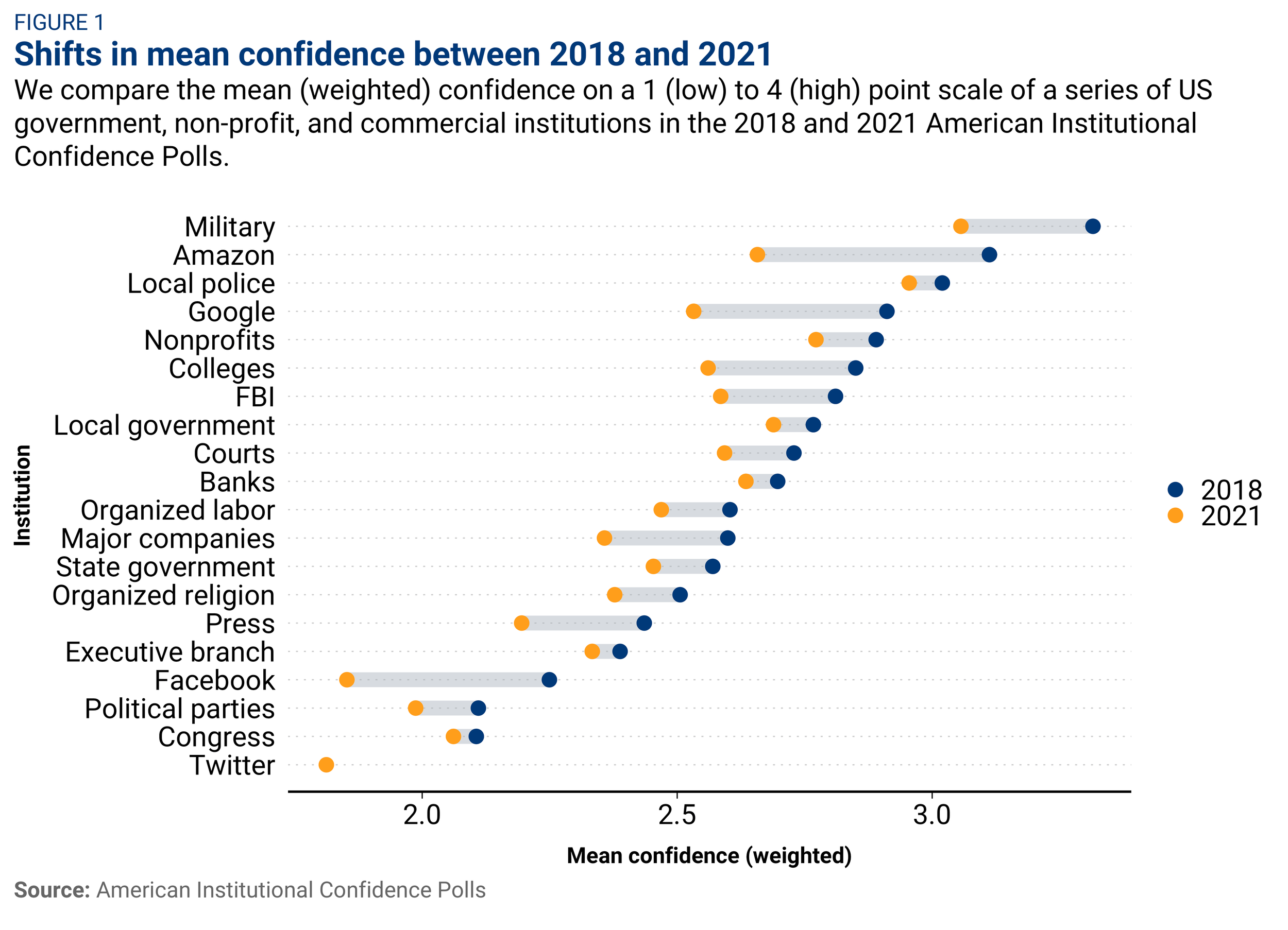Would you trust a “super app” in the USA the way you trust your iPhone?
3 sources:
CNBC 2021 video on Super App / smartphones
LinkedIn News Sep 9 2023 on super apps
CNBC Mar 2023, “dumb phones” are back?
1) Back in 2021, CNBC posted this video on super apps.
(transcript excerpt edited for clarity)
NESSA ANWAR, CNBC Singapore Multimedia Journalist:
Maybe one of the conversations that we can talk about right now is of super apps in Asian markets and Western markets.
ARJUN KHARPAL, CNBC London Senior Tech Correspondent:
If you look at an Apple for example, it's an interesting one. Started off with iPhones, hardware, smartphones. All about services now.
It's not a super “app,” but it's a super “phone,” right?
On the iPhone, you got Apple Music, TV, iMessage, Apple Pay, etc.
What they've done is a bit different. It’s a credit to these ecosystems of products, but it's unique because they own the hardware platform.
The key is ecosystem here. How can you keep people, customers, engaged in whatever products you have?
So effectively, you can sell them more.
2) This morning in my LinkedIn feed, Ruiqi Chen of LinkedIn News posted how a super app may never come in the US.
Chen cited Brookings Institute June 14, 2023, which cited the graphic you see below.
Our trust in Big Tech firms is eroding.
During the COVID-19 pandemic, individuals, businesses, universities like Temple, tech training nonprofits like Per Scholas, were all forced to reorganize around social distancing, relying more on technology, remote work.
Me? I had to go from picturing delivering technical training in Per Scholas Newark on prem, to picturing how to do it “in the cloud.”
Steady internet access and monitor? Ethernet cables.
My firm sent me a laptop, a standing desk, a wireless gaming headset, monitors, cool stuff for lectures and tech demos for my cloud Zoom room and beyond.
Firms now pay for virtual private networks (VPNs), Zoom, Amazon Chime, Google or Microsoft, to talk to coworkers and learners and enterprise partners.
I heard stories of children who, no longer able to attend school in-person, now used tablets and laptops to learn remotely. They use Meta Platforms, or Fortnite lobbies, to hang out.
Technology is a deep, integral part of life in 2023 and beyond.
Pew Research suggests that working from home staved off an even more calamitous economic collapse.
But it also could have slightly hampered productivity in certain cases.
Remote learning slowed the spread of the disease, but is generally considered to have set students back, particularly students in poorer areas and neighborhoods worldwide.
The realization that you could more easily, and regularly, see people geographically distant from you through devices, is coupled with the realization that these interactions might be far more shallow (and less infectious) than face-to-face socializing.
3) So now that this pandemic accelerated our reliance on Big Tech firms, how does it affected the public’s view of “smart tech?”
To me in the US, seeing these candy bar dumb phones in 2023 had me dumbfounded.
Truth be told, if you go outside the US, a quarter of all mobile phones people use are these “fossils.”
They are cheaper than iPhones or Androids, but it's also apparently a movement among younger generations avoiding Screen Time.
It remains to be seen whether new brands, like Light phones from Brooklyn or Punkt. from Switzerland, can make lasting change.
I personally love my iPhone still.
RIP the lightning port. It will likely be a slow switch for me after exactly 11 years and so many cables for all the devices.

